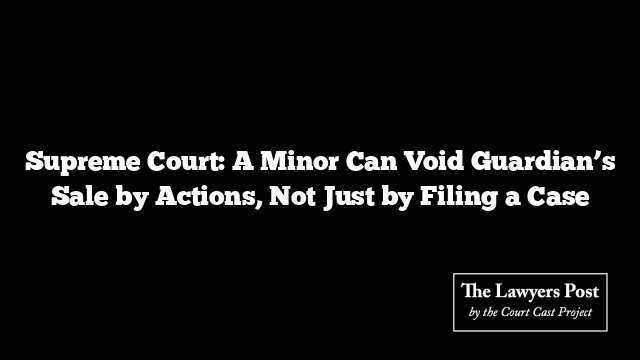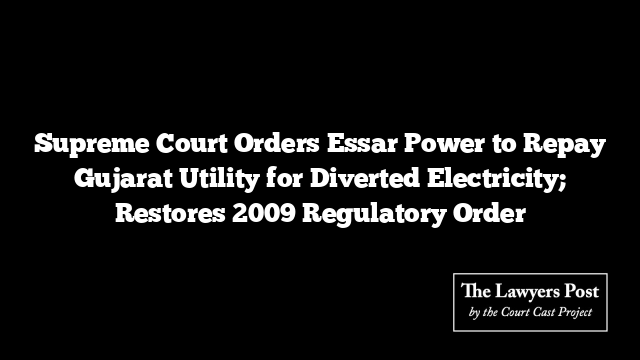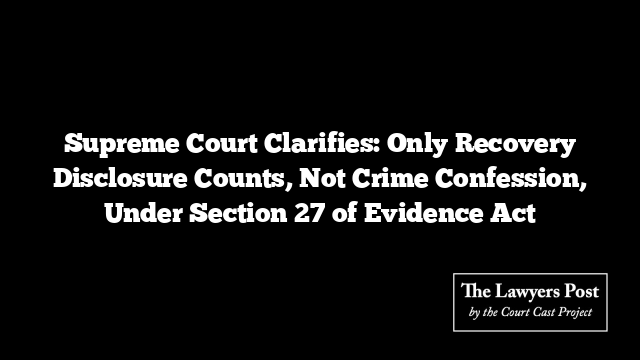The Supreme Court has clarified that a minor, upon becoming an adult, doesn’t always need to file a lawsuit to undo a sale made by their guardian. The court held that clear, deliberate actions — such as reselling the same property — can be enough to repudiate a guardian’s voidable transaction.
A bench comprising Justice Pankaj Mithal and Justice Prasanna B. Varale ruled that when a guardian sells a minor’s property without court permission, the sale remains voidable, not void. Once the minor attains majority, they may reject the sale either by filing a suit or by unmistakable conduct that shows disapproval of the earlier transaction.
The bench observed:
“A voidable transaction executed by the guardian of the minor can be repudiated and ignored by the minor within time on attaining majority either by instituting a suit for setting aside the voidable transaction or by repudiating the same by his unequivocal conduct.”
The judgment stemmed from a decades-old dispute over land in Karnataka. Three minor brothers owned the property, which their father sold in 1971 without the district court’s required approval. After the brothers came of age, two of them and their mother sold the same property in 1989 to K.S. Shivappa, who built a house there.
Conflict erupted when the original buyer’s successor, K. Neelamma, claimed ownership based on the 1971 sale. The trial court sided with Shivappa, holding the father’s sale invalid. But the appellate and high courts overturned that ruling, prompting an appeal to the Supreme Court.
Reinstating the trial court’s decision, the Supreme Court concluded that the minors’ later sale to Shivappa amounted to valid repudiation of their father’s unauthorized sale. The Court emphasized that the minors’ names had continued to appear in revenue records and that the original buyer never took possession of the land.
Citing the precedent Madhegowda v. Ankegowda (2002) 1 SCC 178, the Court confirmed that repudiation through conduct—like entering into a fresh sale—meets the legal standard for voiding such transactions.
The Court further observed that since the minors had clearly disowned their father’s sale by executing a new sale deed after reaching adulthood, no separate lawsuit was required. It held that it was instead for the buyers under the earlier sale to seek legal remedy if they wished to assert ownership.
With this ruling, the Supreme Court restored the trial court’s order and reaffirmed that conduct can speak as powerfully as litigation when it comes to repudiating a guardian’s voidable sale.





